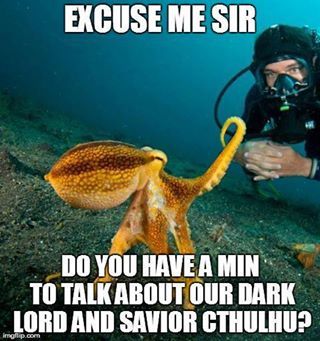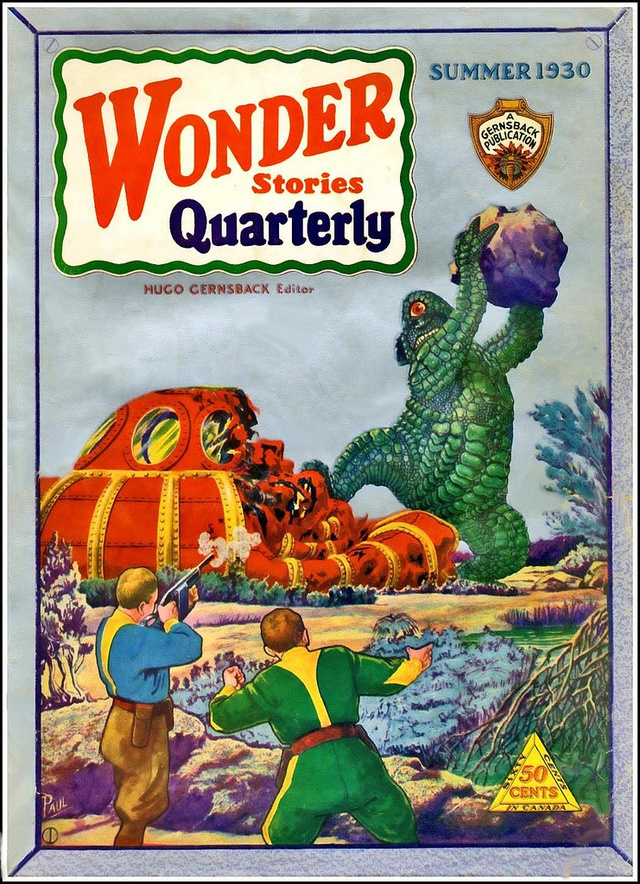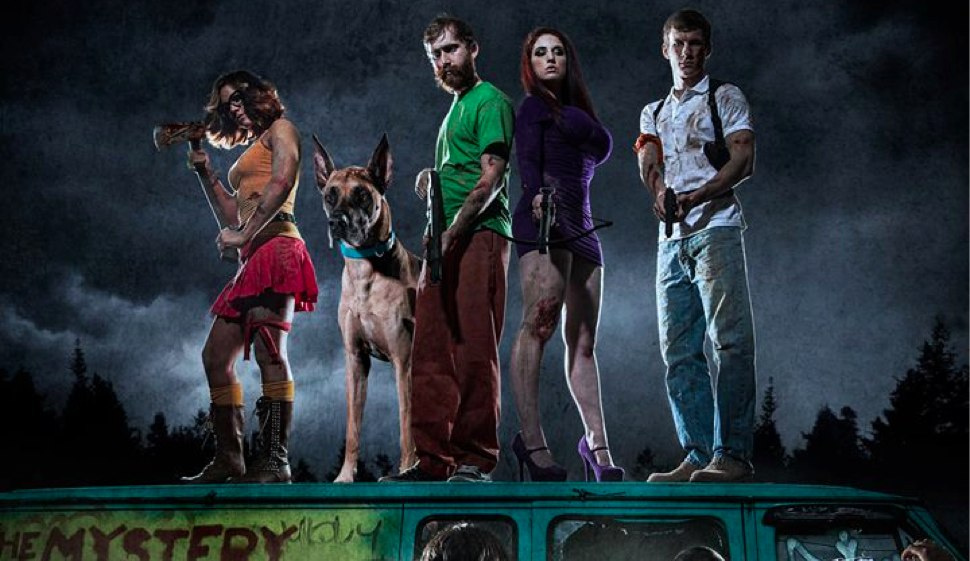The Roots on New Years’ Eve notwithstanding, I’ve been derelict about posting on live entertainment I’ve seen this year, like Louis CK in Baltimore, The Motherf**ker with the Hat at Studio Theater, The Last Five Years in Shirlington, Dean Fields in Arlington and The Postal Service at Merriweather Post.
All that being said, since there’s an especially clear precedent here — 1, 2, 3, 4, 5, 6, 7, 8, 9 — I shouldn’t neglect to mention I caught my tenth Dylan show two weeks ago, as part of the Americana Music Festival (with Ryan Bingham, My Morning Jacket, and Wilco). Here’s the setlist:
Things Have Changed | Love Sick | High Water (For Charley Patton) | Soon After Midnight | Early Roman Kings | Tangled Up In Blue | Duquesne Whistle | She Belongs To Me | Beyond Here Lies Nothin’ | A Hard Rain’s A-Gonna Fall | Blind Willie McTell | Simple Twist Of Fate | Thunder On The Mountain | All Along The Watchtower | Ballad Of A Thin Man
Perhaps it’s because the setlists are fluctuating less this tour, or he’s playing a shorter set, or he’s just inspired by the bands he’s touring with, but this was actually the best I’ve heard Bob sound in awhile. He seemed animated and his voice, while always gravelly these days, sounded more mellifluous than it’s been in many a moon. “Things Have Changed” and “Ballad of a Thin Man” are always favorites, but the highlight for me this time around was finally catching Blind Willie McTell live — You can see it as well above, thanks to Joanna’s Visions.
Also, due to the vagaries of having a job and all that — the festival started at 4:30pm over in Columbia, MD — we missed Ryan Bingham’s set and all but the last song of My Morning Jacket, but here was the evening for the Wilco-inclined (who were also very good):
Ashes of American Flags | Bull Black Nova | Blood of the Lamb | Christ for President | I Am Trying to Break Your Heart | Art of Almost | Jesus, Etc. | Can’t Stand It | Born Alone | Passenger Side | I Got You (At the End of the Century) | Heavy Metal Drummer | I’m the Man Who Loves You | Dawned on Me | A Shot in the Arm | The Lonely 1








